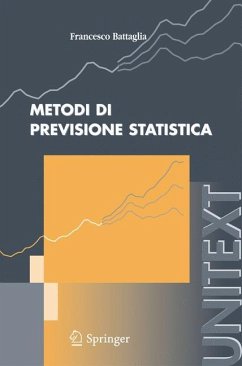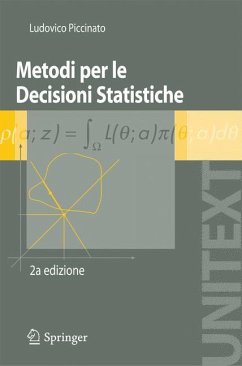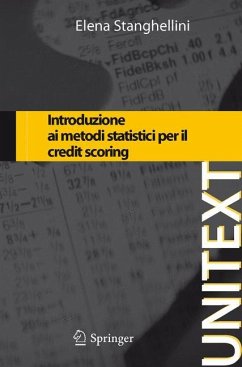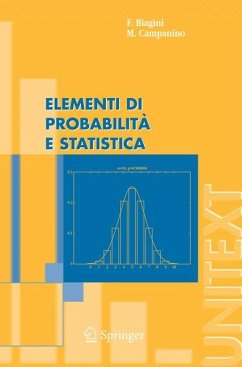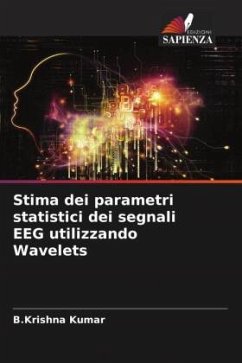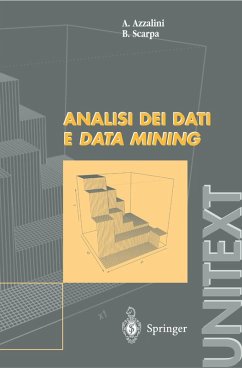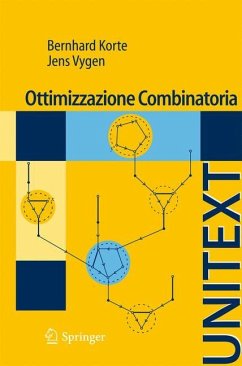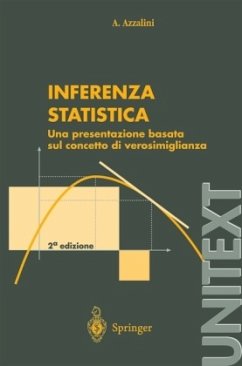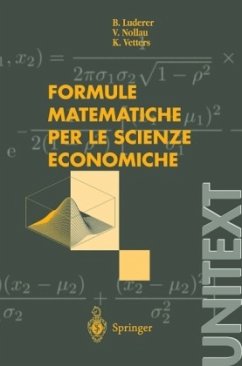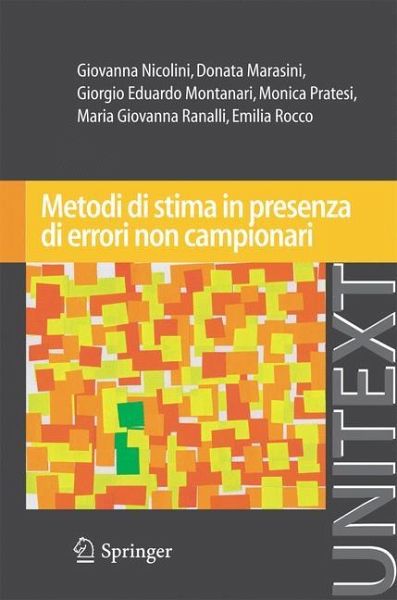
Metodi di stima in presenza di errori non campionari

PAYBACK Punkte
11 °P sammeln!
L'opera si propone di illustrare in modo sintetico e sistematico le tecniche di stima dei parametri di una popolazione finita che fanno uso delle informazioni ausiliarie disponibili, al fine di affrontare i problemi che emergono nelle indagini reali. In queste infatti ci si trova a dover fronteggiare gli effetti delle imperfezioni nelle basi di campionamento, della mancata osservazione di tutte le variabili da rilevare o di una parte di esse nelle unità designate a far parte del campione, degli errori di misura. Il volume si propone di rendere il lettore consciodi tali effetti e capace di far...
L'opera si propone di illustrare in modo sintetico e sistematico le tecniche di stima dei parametri di una popolazione finita che fanno uso delle informazioni ausiliarie disponibili, al fine di affrontare i problemi che emergono nelle indagini reali. In queste infatti ci si trova a dover fronteggiare gli effetti delle imperfezioni nelle basi di campionamento, della mancata osservazione di tutte le variabili da rilevare o di una parte di esse nelle unità designate a far parte del campione, degli errori di misura. Il volume si propone di rendere il lettore conscio
di tali effetti e capace di farvi fronte con le tecniche che vengono descritte sottolineandone le potenzialità e i limiti al fine di una scelta consapevole.
di tali effetti e capace di farvi fronte con le tecniche che vengono descritte sottolineandone le potenzialità e i limiti al fine di una scelta consapevole.





